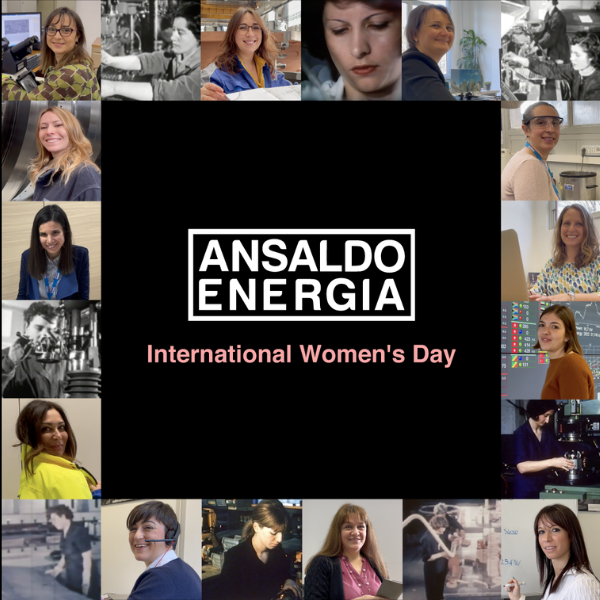With the First World War, about six million men - out of seven million of military age - left for the front, and women were called to fill the void thus created. Over 180,000 were employed in the war industry alone. Their entry into the workplace was not easy: the presence of women was often perceived as a subversion of the natural order, if not a real "attack on morality". Very often the new hires were accused of being the object of interested favoritism on the part of the male bosses. In the numerous letters of complaint addressed by staff to factory managers, women were even described as "sluts", luxury-seekers and gold-diggers by virtue of their new social and economic condition. On the contrary, there are numerous testimonies of the awareness and pride for work that offers autonomy, a place where relationships, friendships, solidarity are built, where an idea of oneself develops, as a worker and as a woman, which breaks traditional patterns and roles considered masculine and which will lead to that long process, still ongoing, called emancipation.
With the end of the First World War, women's employment slowed down, almost coming to a halt: most were fired with the return of veterans, due to the need to ensure their relocation in the civil society. The defeat of female employment came in 1921, when one million and 173,000 fewer women were employed in industry than in 1913, i.e., before the conflict.
With the Second World War many women returned to work in the factories to replace the men who had left for the conflict again, but the scenario of the second postwar period was different from the first: in 1946 women voted for the first time, a strong signal that led, in the years immediately following, to an improvement in women's social position. However, as far as the world of work is concerned, although the Italian Constitution of 1948 already included rules that guaranteed women's equal rights and equal social dignity in all fields, the gap between men and women was still far from being bridged. Because of the awareness of the difficulties that were to be faced to achieve the principle of equality between men and women, the acknowledgement of equality was emphasized by introducing in the Italian Constitution, alongside the general principle of equality of article 3, article 37: "the female worker has the same rights and, for the same work, the same salaries as the male worker. The working conditions must allow the fulfillment of her essential family function and ensure special, adequate protection for mothers and children".
With the years of the economic boom, the struggle inside and outside the factory and the search for a difficult balance between work, family and social commitment, feminism became a movement that led to important political and social achievements for women. The real turning point came in 1977 with Law no. 903 on "Equal treatment between men and women". Promoter of this legislative revolution was Tina Anselmi, minister of labor and first female minister of the republican history, thanks to whom there was a sudden leap in women's employment in Italy. Article 1 of the law blocked any discrimination based on sex, while article 2 provided for equal pay for all. Other regulations on pensions reversibility, protection of working mothers - even if adoptive – and the assumption of maternity leave by the State, made the Anselmi law a milestone in the history of female emancipation.
For over a hundred years, women have been at the center of Ansaldo Energia's innovation and success, playing a decisive role in writing the history of the Company and its achievements in the scientific and technological fields. On the occasion of the International Women's Day, our thanks go to all our female workers who contribute to the growth of the Group with determination, passion and competence. Thanks to the Fondazione Ansaldo for the historical images.




